
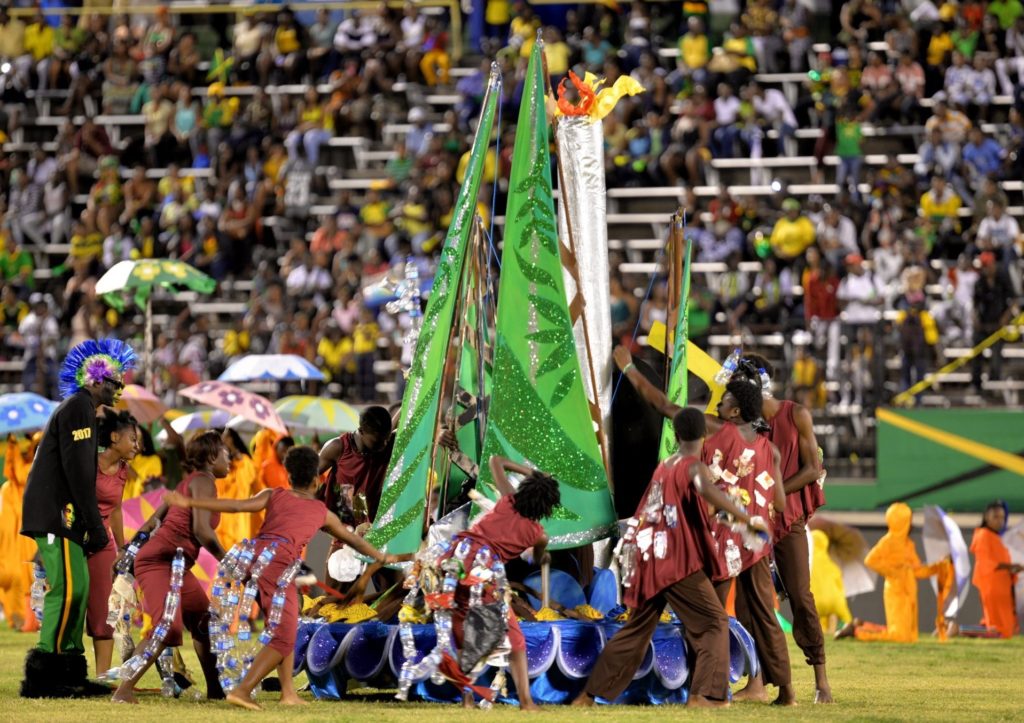
Jamaica is known for its rich culture globally. But, recently Jamaican youths have suggested they have been witnessing a decline in the state of cultural awareness among their generation.
In an interview with Our Today, a few cultural studies students and young persons shared their views on the current state of cultural awareness among youths in Jamaica.
Cultural awareness is the knowledge that a person has of their own culture and cultural practices.
Each person was asked ‘What do you think about the current state of cultural awareness among youths in Jamaica?’
Here are the responses of some young Jamaicans on the topic.
Responses from youths in Jamaica
A cultural studies student, Rashaed Esson, 22, shared that he believes cultural awareness is present, to some extent, but more needs to be done to engage youths.
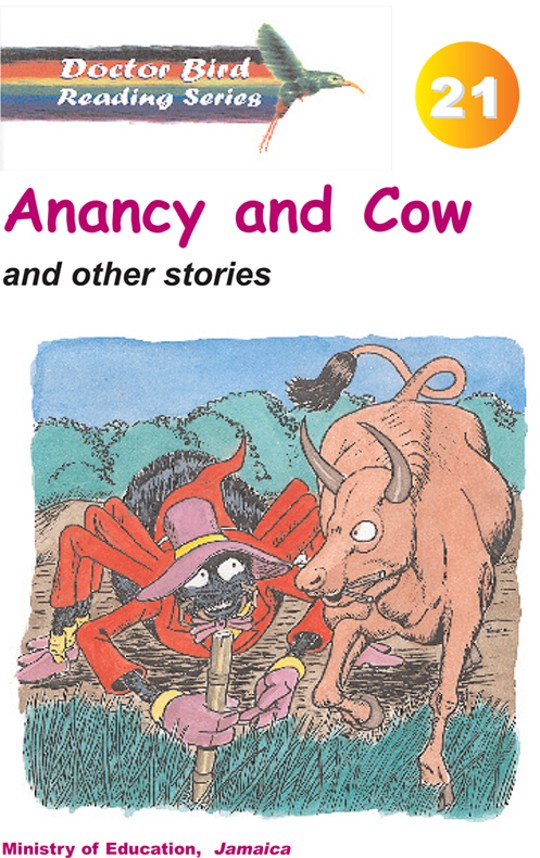
“I think cultural awareness is very much present in Jamaica but there are still some things like a lot of deeply rooted cultural practices we are not aware of. We, especially as young people, are aware of simple things like popular music and food but, when it comes to things like Anancy stories or Jamaican folkways most of us are ignorant,” said Esson.
He noted that there are television programmes on Jamaica’s culture such as Hill and Gully, but they do not appeal to youths.
Jamaica’s school curriculum also teaches more about American or world history than Jamaican culture, added cultural studies student Brittany Gordon, 17.
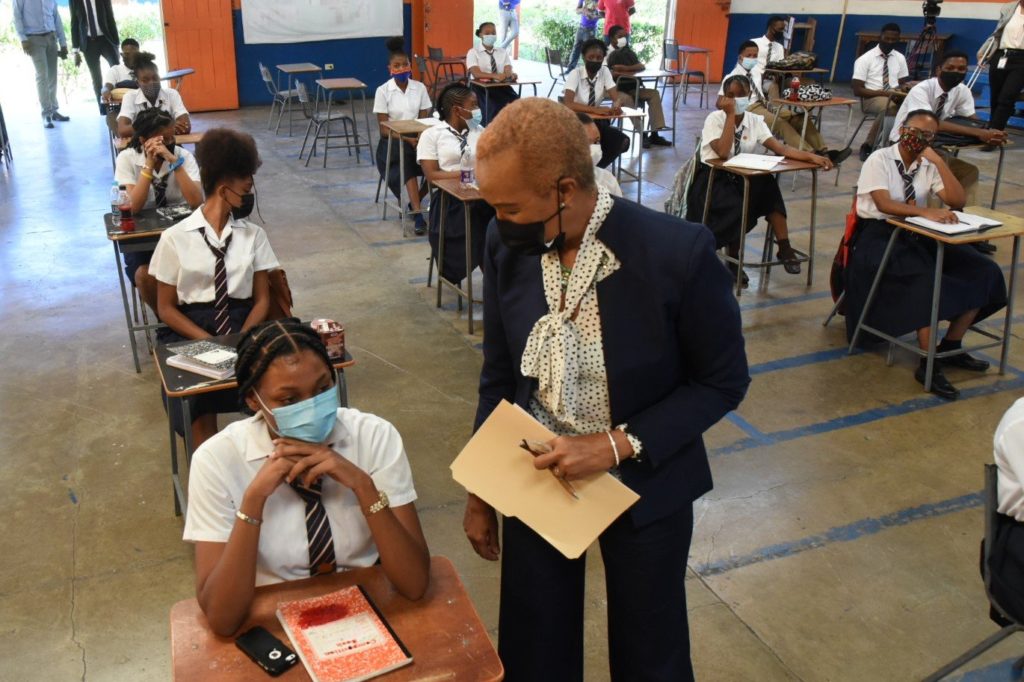
“The fact that we learn more about the United States and England and less about Jamaica is bad. I understand that they play a role in our history but there needs to be more focus on Jamaica. We learn about the Tainos and slavery. But, as we go further into the school curriculum, the focus shifts to world history or Caribbean history. We do not learn about things like folkways or proverbs or even Junkanoo,” said Gordon.
Anika Goodwin, a student at the University of Technology (UTech), shared that she believes “with technology and evolution we are becoming more Eurocentric, especially with the younger generation”.
“Our dancehall artistes are turning a bit on the international side. They mainly do rap music or hip hop, but that is where the money is,” said Goodwin.

She added that Jamaican cuisine is becoming less popular among youths with international food chains such as Starbucks and Burger King taking over the island.
Kevon Williams, 22, also shared that there is growing concern for the state of cultural awareness among youths.
“None of the teachings enforced, from like 10 years ago, are really being enforced now and it shows in social norms today. The youths do not even care about what is happening to their country. Things such as the wearing of bandana have become non-existent. Now we just get a two-minute advertisement on TV four times a day and that is it.”
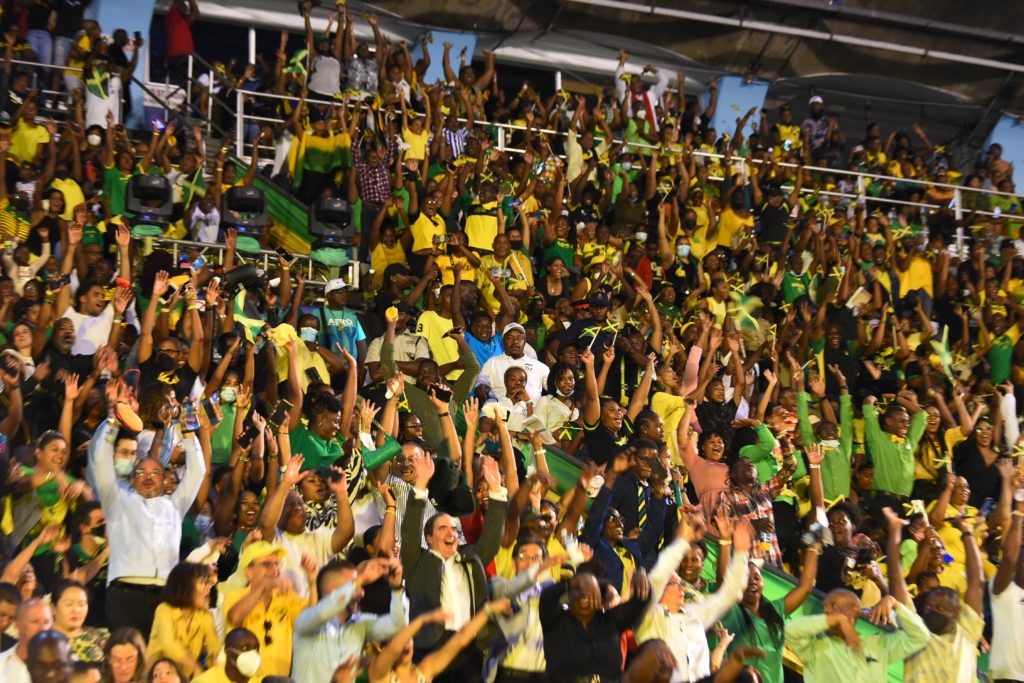
Natalia Stewart 24, also shared her views on the topic.
“I think there is a great decline in cultural awareness among youths but hopefully it will get better. The two holidays that took place Independence and Emancipation, I don’t think youths understood what exactly happened or truly appreciated the celebrations. They just saw it as ‘let’s go to Grand Gala to mark the holiday’,” said Stewart.
Suggestions to the Government
A suggestion made by Esson was to increase the accessibility of cultural material to Jamaican youths via social media.
Esson also suggested a change in the curriculum.
“Maybe the ministry can have a subject or class that is geared towards learning different parts of Jamaican culture. This could be separate from History and be a subject itself. But they would have to find a way to make it fun and interactive,” he suggested.
Gordon brought the suggestion of implementing a culture day in schools. She noted that, though these already exist in some schools, more needs to be done than simply making students wear Jamaican colours.
“For starters, culture is a symptom of the basic functions of the society. So, before you can even say you want to teach or encourage the youths to be patriotic, you got to make life worth living in the country,” said Williams.

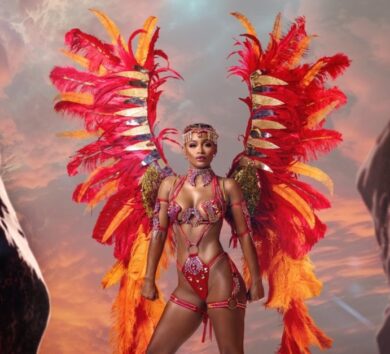
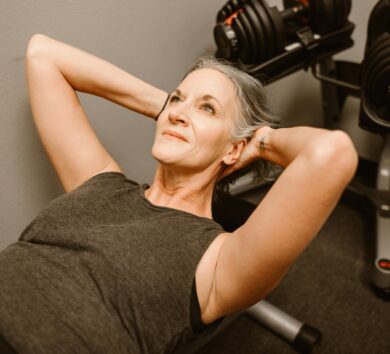
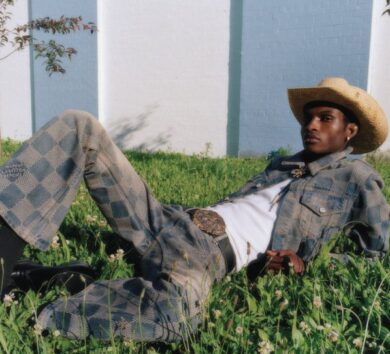
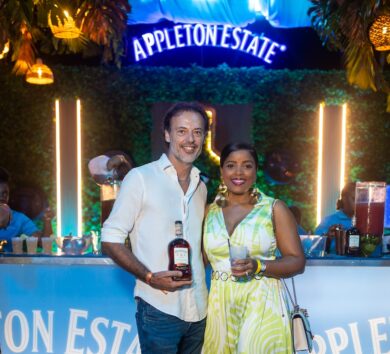


Comments